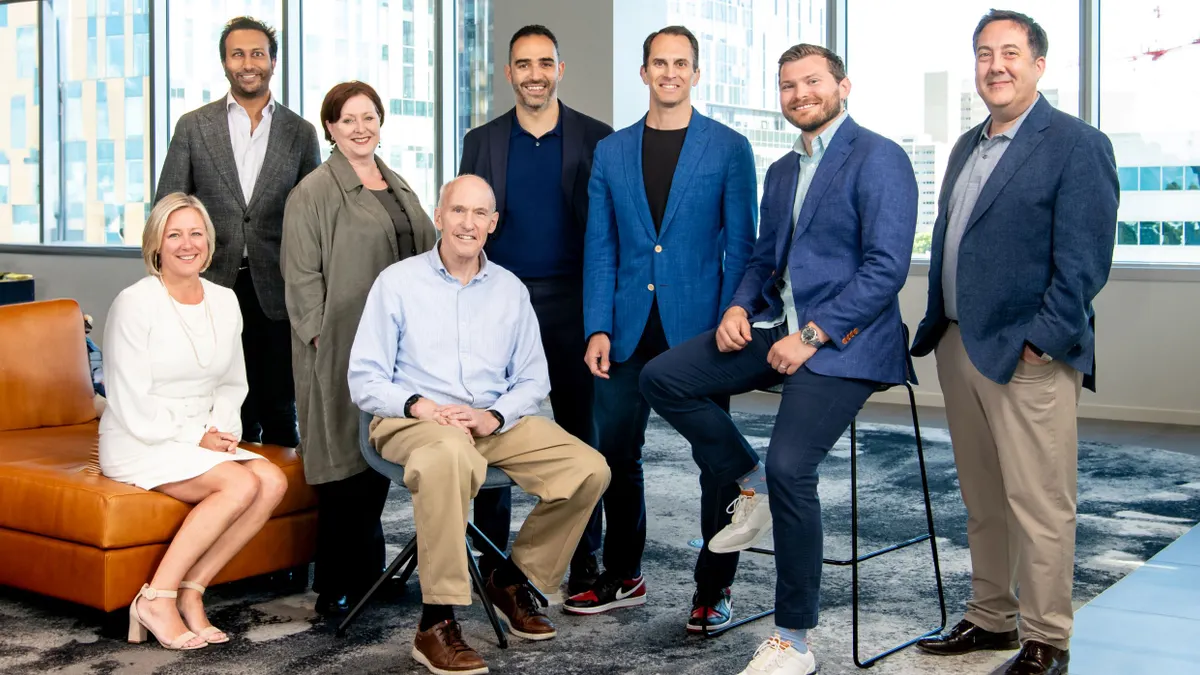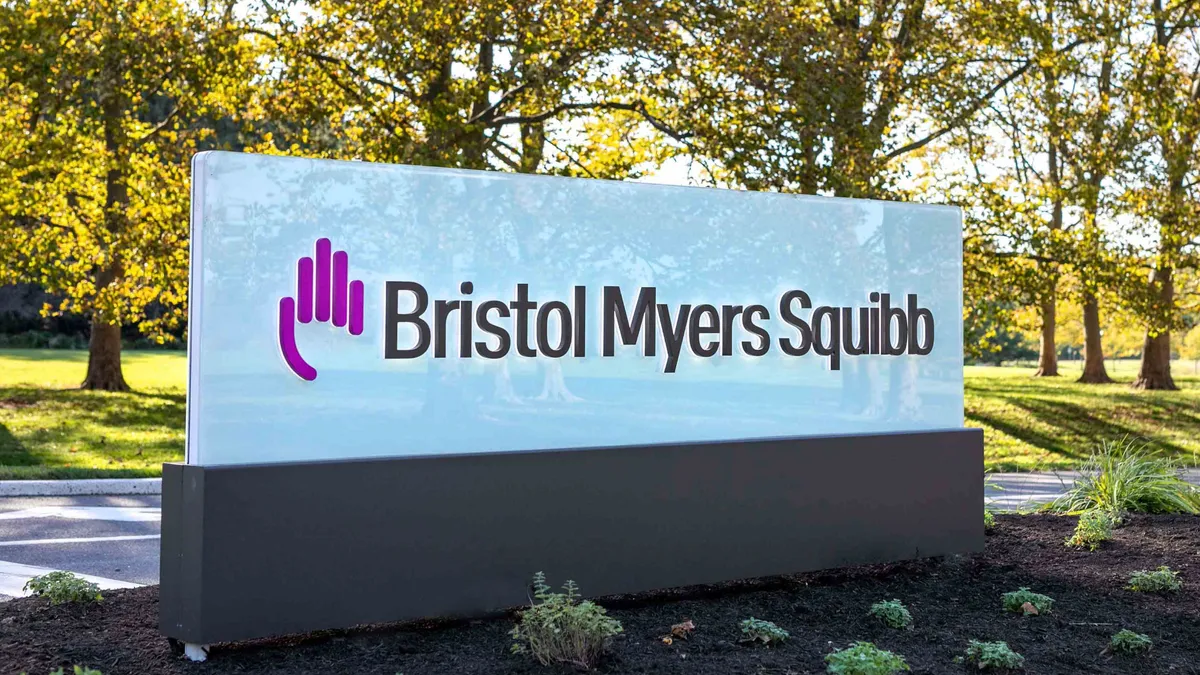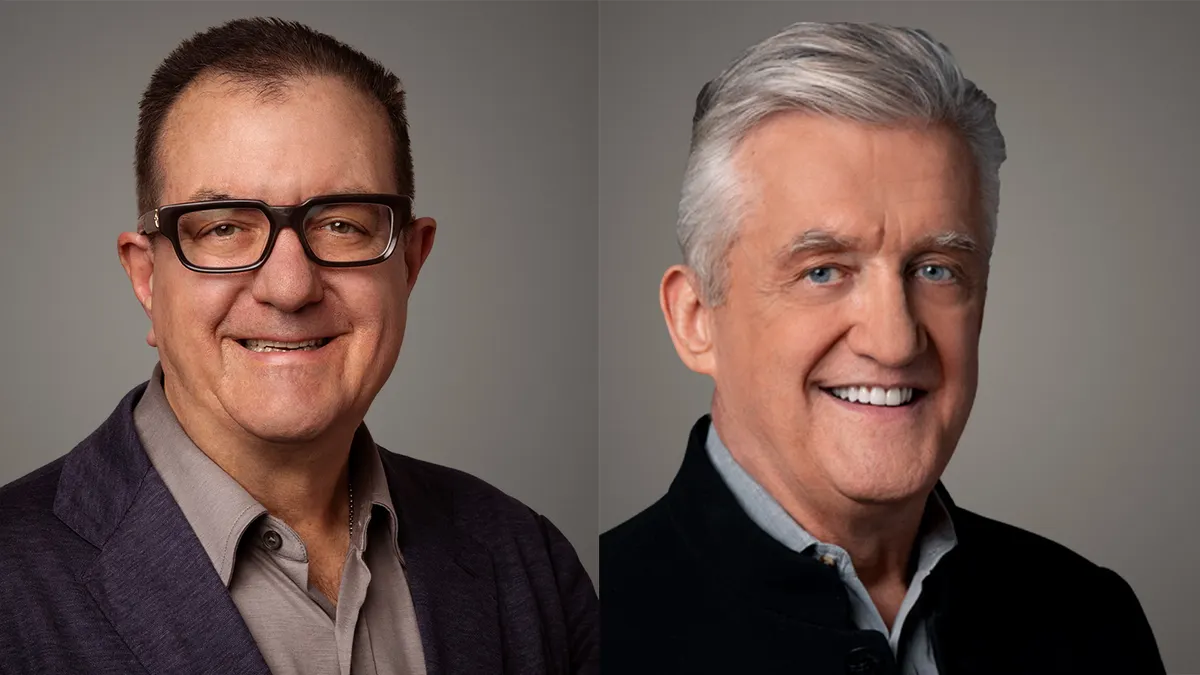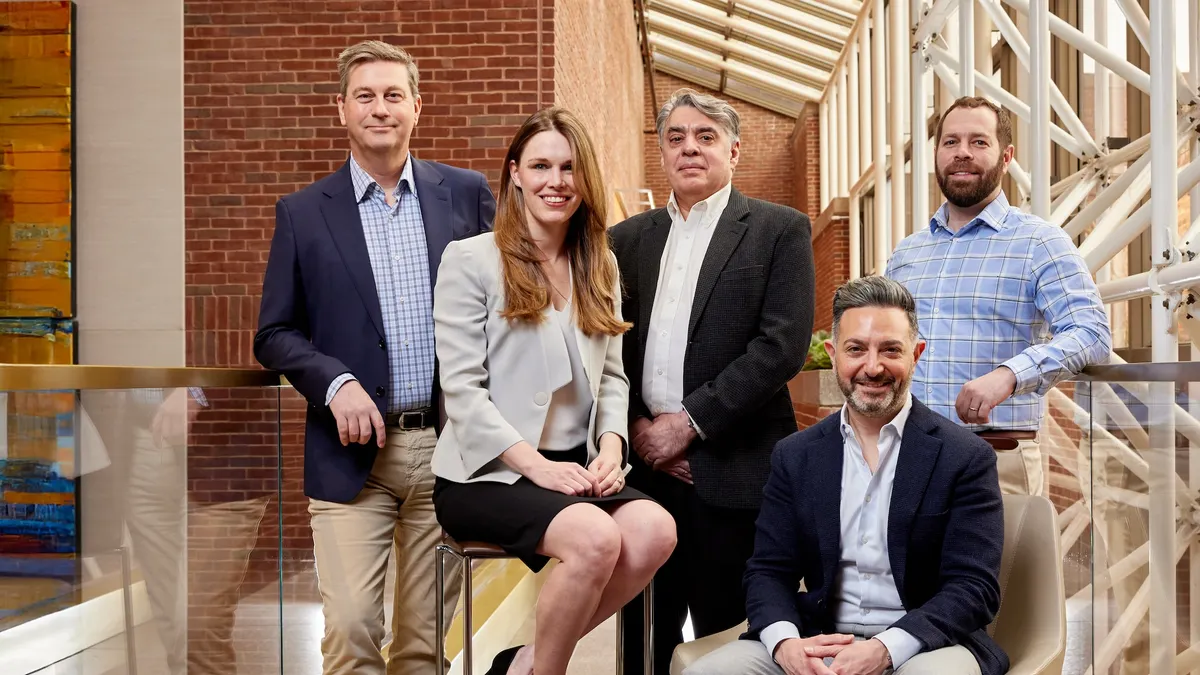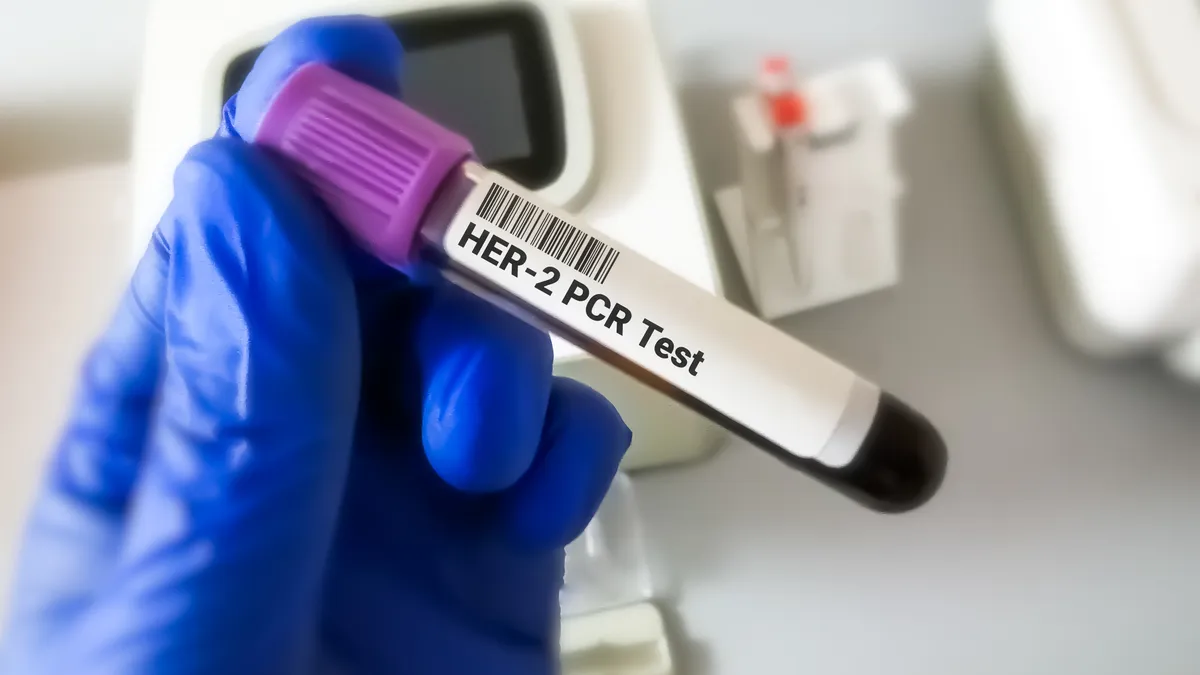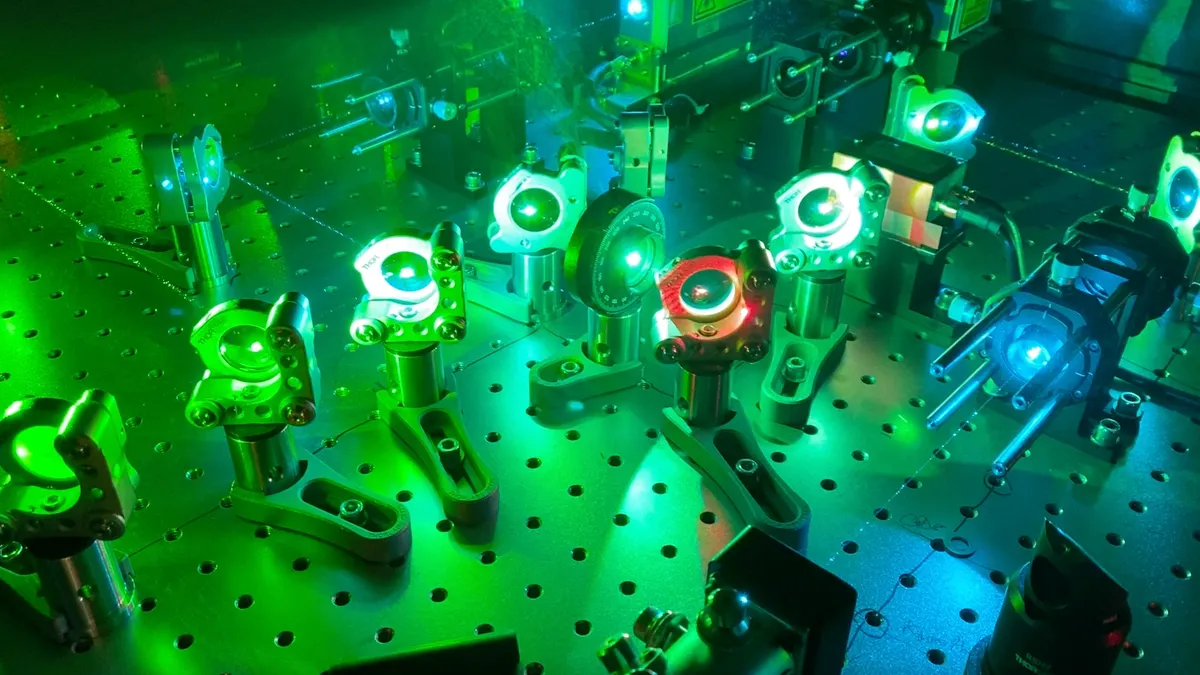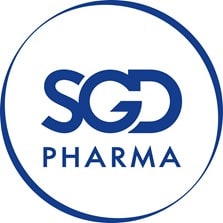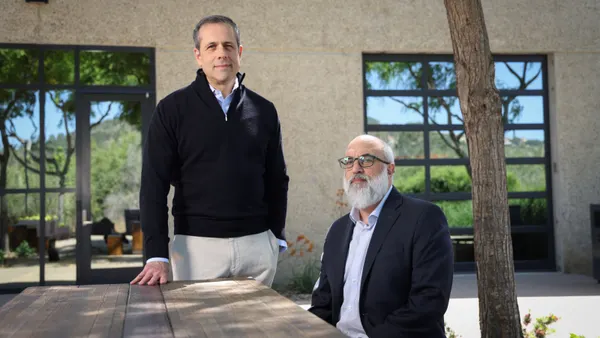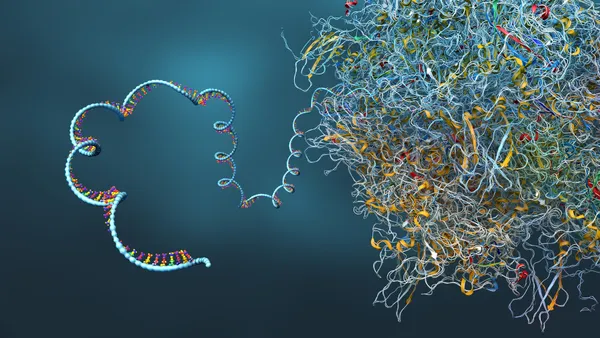Dive Brief:
- A new biotechnology company debuted Wednesday with a hefty bankroll and an immunotherapy approach it claims has the potential to treat an array of tough-to-reach solid tumors.
- Called Dispatch Bio, the startup was formed in 2022 through a collaboration between Arch Venture Partners and the Parker Institute for Cancer Immunotherapy and built around technologies from scientific labs in Pennsylvania and California. It has since raised $216 million and developed a lead program that’s expected to enter clinical testing next year.
- Dispatch aims to deliver to cancer cells a sequence for a unique type of protein flag, known as an antigen, that it says can draw in specially engineered immune cells it plans to administer afterwards. The company believes its approach could yield a “universal” solid tumor treatment.
Dive Insight:
Immunotherapy became a mainstay of cancer care over the past decade. Drugs like Merck & Co.’s Keytruda, known as checkpoint inhibitors, can spur the immune system to fight cancer. They’re used to treat dozens of tumor types and, when they work, extend survival in ways previously thought impossible.
Treatments made from a patient’s own cells and engineered in a lab to attack cancer have come of age, too. Seven of these CAR-T therapies are available in the U.S., where they’re used to treat several kinds of blood cancers.
A good portion of people, though, don’t respond to checkpoint blockers, especially those whose tumors don’t have a particular protein that’s associated with immunotherapy response. Many “cold” tumors that don’t elicit a strong immune reaction also remain frustratingly beyond the drugs’ reach.
Cell therapies, meanwhile, haven’t proven as beneficial against cancers beyond the blood. One reason is that solid tumors co-opt a protective barrier of immune-suppressing cells and other molecules to exhaust CAR-T cells and shield themselves from immune defenders. Additionally, these tumors often have cells expressing different antigens, making them harder to target with a treatment aimed at just one.
The pharmaceutical industry has spent billions of dollars in a yearslong and mostly unsuccessful hunt for better immunotherapies, often by pairing checkpoint inhibitors with medicines that might boost responses. Cell therapy companies, too, have experimented with various ways to get to solid tumors, with limited success.
Dispatch believes it may have better luck with an approach that marries elements of immunotherapy and cell therapy with gene therapy.
According to Dispatch, its therapies use an engineered virus — a common gene therapy delivery tool — to seek out cancerous cells and tag them with what it refers to as a “flare.” This flare is an antigen that a CAR-T therapy Dispatch subsequently administers is designed to seek out. Once its target is found, the tagged cell is destroyed, releasing viral particles carrying the flare into nearby tumor tissue that’s then also flagged.
The engineered virus also delivers inflammatory cytokines and chemokines to help take down a tumor’s surrounding environmental defenses.
In a statement, Arch managing director and Dispatch board member Steve Gillis referred to the process as a “tumor-agnostic approach to immunotherapy” that could treat “a majority of solid tumors.” It may also be a way to combat resistance mechanisms that tumors sometimes develop to other medicines, Dispatch said.
Dispatch’s work is based on research from University of Pennsylvania cell therapy pioneer Carl June; Stanford University professor Chris Garcia; University of California, San Francisco professor Kole Roybal; and Memorial Sloan Kettering Cancer Center new chair of immuno-oncology Andy Minn.
The seed for Dispatch came at a Parker Institute retreat where the four scientists, now company co-founders, and institute head Sean Parker debated how best to solve the problems solid tumors pose in immunotherapy.
Along with founding investors Arch and the Parker Institute, Dispatch is backed by Bristol Myers Squibb, UPenn, Stanford and Alexandria Venture Investments. The company raised its Series A via two tranches, most recently $100 million that it brought in last month.
Dispatch is led by CEO Sabah Oney, a venture partner at Arch who previously held executive positions at Alector and Ariosa Diagnostics. Jeff Marrazzo, the former head of gene therapy developer Spark Therapeutics, chairs the company’s board.



